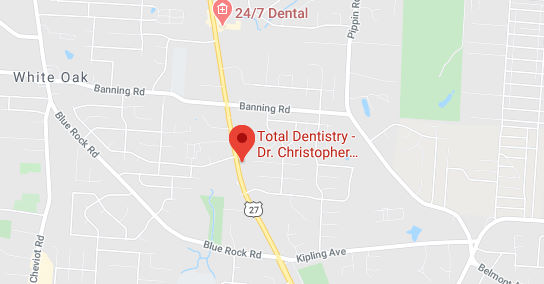Thank you for trusting us with your care. To ensure the long-term success of your new denture(s), please review and follow the instructions below.
When to call us
It’s normal to feel some discomfort as you adjust to a new denture. However, please contact our office right away if you experience any of the following:
- An allergic reaction to any prescribed medications
- A sore spot where the denture is rubbing
- Difficulty chewing or speaking that does not improve with time
- A bite that feels off or uneven once the denture settles
- Any issue with the implants, locator inserts, or denture such as looseness, irritation, broken denture, etc.
General Care Instructions for Fixed Implant Dentures
Follow these instructions closely to help ensure the long-term success of your implant denture:
Getting Used to Your Denture
Adapting to your new denture: Most patients adjust to new dentures within 2 to 4 weeks, but this can vary. Be patient with yourself during the adjustment period.
- Speech practice: It may feel awkward to talk at first. Practice reading aloud to help your tongue adjust.
- Increased saliva: This is normal during the first few weeks and will improve as your mouth adapts.
- Eating: Begin with soft foods, cut into small pieces. Chew slowly and evenly on both sides to keep the denture stable.
Daily Maintenance
- Clean the fixed denture twice daily by brushing with a soft brush and non-abrasive cleanser. At least once a day, use a water flosser to clean underneath the denture.
- Avoid abrasive products: Don’t use regular toothpaste (too abrasive). Use Denture cleanser instead.
Regular Maintenance
- Change locator inserts (nylon caps): The colored nylon inserts inside the denture that “snap” onto the implants wear out over time. With a fixed denture, the inserts need changed every time the denture is removed for maintenance.
- Professional check-ups: Visit your dentist every 3-4 months for:
- Checking implant health (bone and gum condition).
- Cleaning of denture and implants.
- Inspecting and replacing worn inserts.
- Adjusting the denture if retention becomes too loose or tight.
- Relines: Over time, gum and bone changes may require relining the denture for a proper fit.
Additional Tips
- Avoid sticky or hard foods: These can dislodge or damage the denture.
- Don’t try to adjust your denture yourself: If it doesn’t fit properly, call our office for a professional adjustment.
- Don’t try to repair your denture yourself: If your denture breaks or cracks, call our office for a repair appointment.
We’re Here to Help
Getting used to dentures is a process, and we’re here to support you every step of the way. If you have any questions or concerns, please don’t hesitate to call our office.

